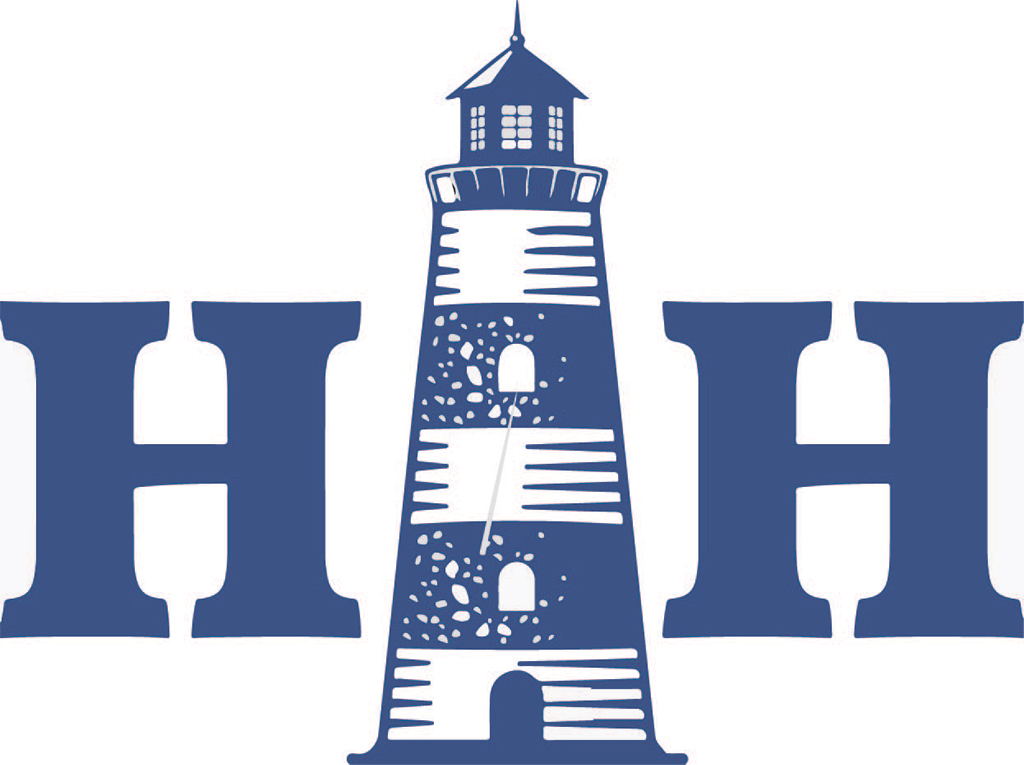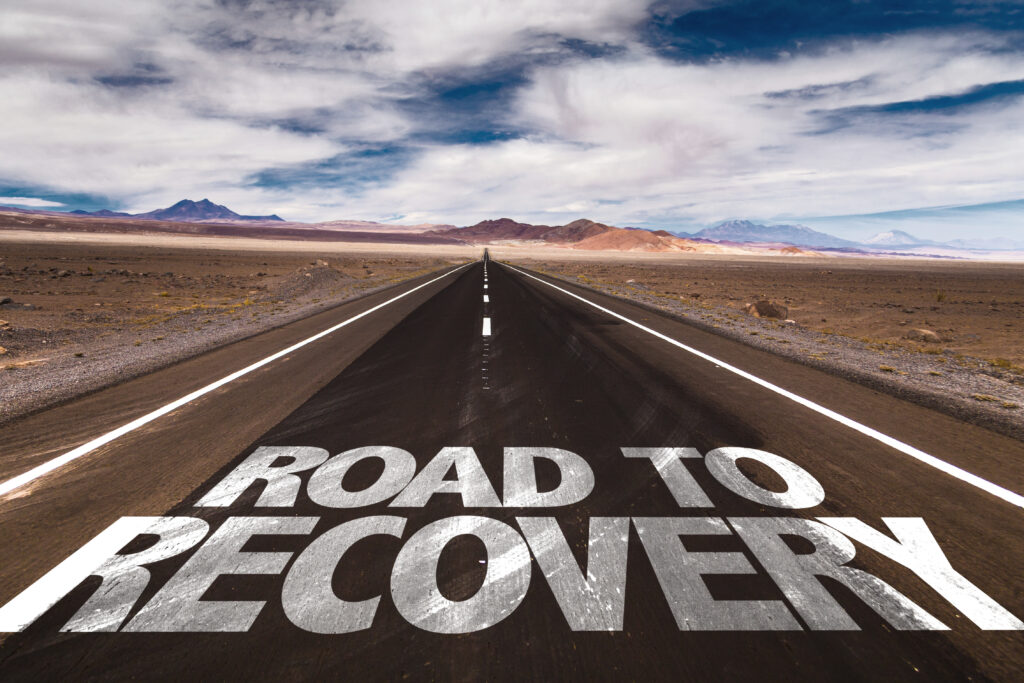In the journey of addiction recovery, addressing mental health concerns is paramount to achieving lasting sobriety. While addiction counseling focuses on breaking the cycle of substance dependence, mental health counseling plays a complementary and equally essential role in fostering emotional healing, resilience, and long-term recovery. At Harmony Harbors, we understand the profound interplay between mental health and addiction and advocate for comprehensive support that encompasses both aspects of healing.
Understanding the Link Between Mental Health and Addiction
Addiction often coexists with underlying mental health disorders, such as depression, anxiety, trauma, or bipolar disorder. These conditions can exacerbate substance abuse tendencies and contribute to the cycle of addiction. Conversely, substance abuse can worsen mental health symptoms, leading to a vicious cycle of self-destructive behavior and emotional turmoil.
Addressing mental health concerns alongside addiction is therefore critical for breaking this cycle and promoting sustainable recovery. Mental health counseling provides individuals with the tools, coping mechanisms, and support needed to manage underlying issues effectively, reducing the risk of relapse and fostering a sense of emotional well-being.
Here are some key benefits of incorporating mental health counseling into your addiction recovery journey:
- Identifying and Addressing Underlying Causes: Mental health counseling helps individuals explore the root causes of their addiction, such as past trauma, negative thought patterns, or untreated mental health disorders. By understanding these underlying issues, individuals can develop healthier coping mechanisms and prevent relapse.
- Improved Emotional Wellbeing: Addiction often leads to feelings of guilt, shame, and isolation. Mental health counseling provides a safe space for individuals to express their emotions, develop healthy coping mechanisms for managing stress and anxiety, and build self-esteem.
- Developing Healthy Relationships: Addiction can damage relationships with family and friends. Mental health counseling equips individuals with communication skills and conflict resolution strategies, fostering healthier and more supportive relationships, which are crucial for sustained recovery.
- Preventing Relapse: By addressing the underlying mental health issues that contribute to addiction, mental health counseling reduces the risk of relapse, empowering individuals to maintain long-term sobriety.
Supporting Family Recovery
In addition to individual counseling, mental health counseling is crucial in supporting family recovery. Addiction not only impacts the individual struggling with substance abuse but also reverberates through the entire family unit, causing emotional distress, strained relationships, and trauma.
Family recovery therapy sessions provide a safe space for open communication, healing, and reconciliation among family members. Families can rebuild trust, strengthen bonds, and support each other’s recovery journeys by addressing underlying family dynamics, traumas, and codependent behaviors.
Supporting you Every Step of the Way
At Harmony Harbors, we believe that true healing encompasses both mental health and addiction counseling. By integrating mental health counseling into our comprehensive treatment approach, we empower individuals and families to break free from the grips of addiction and embrace a future of hope, wellness, and fulfillment.
Mental health counseling is a cornerstone of addiction recovery, offering essential support, healing, and empowerment on the journey to sobriety. By addressing underlying mental health concerns, individuals can break free from the cycle of addiction, reclaim their lives, and cultivate a sense of well-being that transcends substance dependence. At Harmony Harbors, we are committed to providing compassionate, comprehensive care that addresses the holistic needs of each individual and family on the path to recovery.


